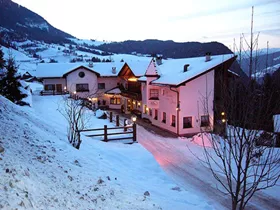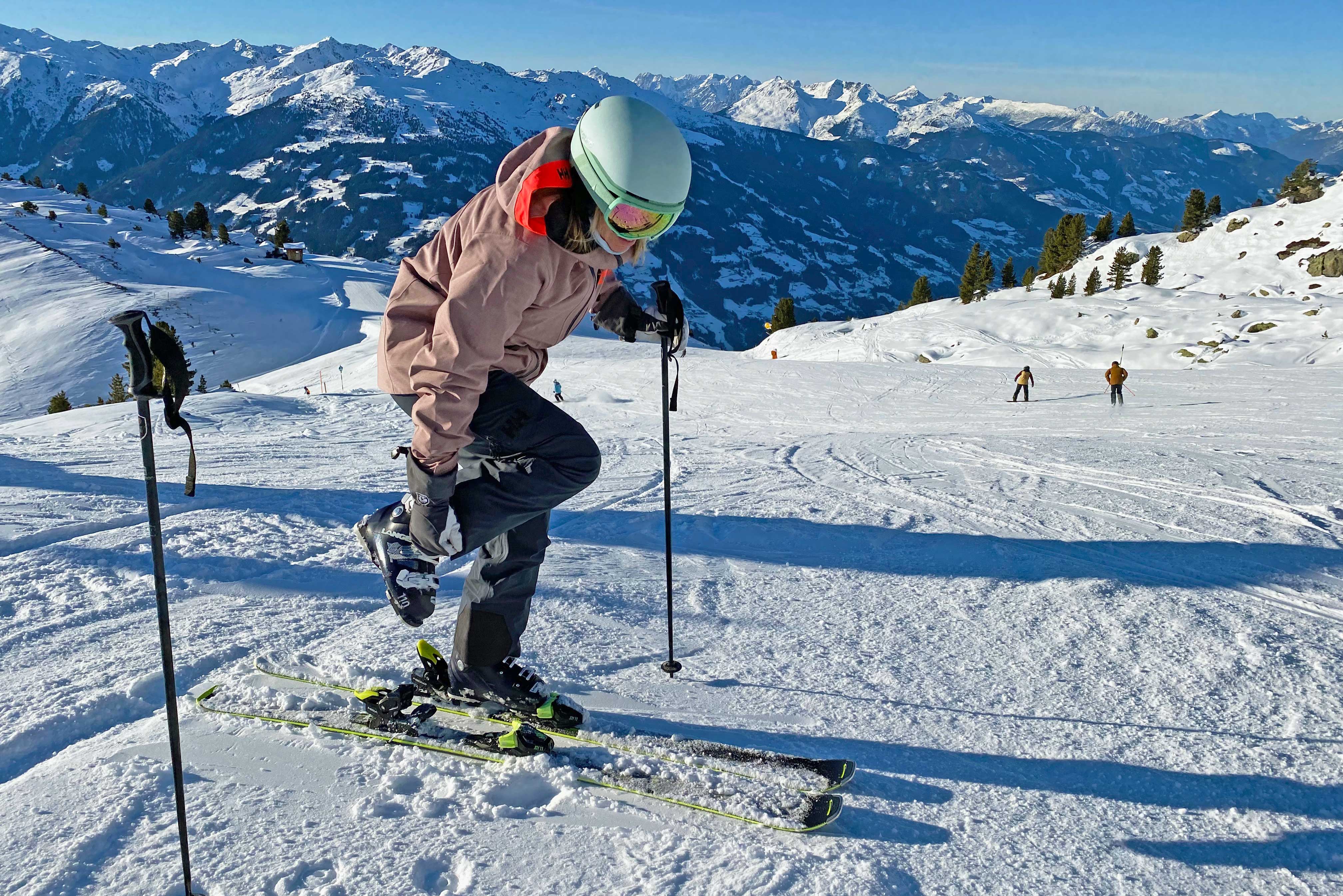
The winter sports season is now in full swing, and with it comes the yearly debate; should skiers be forced to wear helmets?
Every year thousands of people head for ski resorts around the world, to indulge their passion for skiing and snowboarding. Interestingly, many snowboarders do wear helmets, maybe because it is part of the snowboarder ‘look’ or apparel, maybe because they tend to take part in more jumps and stunts, or maybe just because they are sensible.
This debate has raged for many years, the different arguments centre on these three questions;
• Should there be international laws introduced forcing skiers to wear helmets on the slopes?
• Do helmets actually cause accidents?
• Are helmets really that effective at preventing injuries?
For...
In 2009 the dispute really heated up, when the actress Natasha Richardson died after a head injury on a beginners slope. Then in the same year, a woman died in Austria after she collided with another skier.
These deaths perfectly illustrate the opinions of many experts, who say that ski helmets should be made compulsory on slopes around the world. Beginners are far more likely to slip and hit their heads while they are learning, and head injuries can be extremely serious and even life threatening. On the other hand, if skiers wear helmets, then the seriousness of a head injury can be reduced from life threatening to a mere concussion.
Experts do not stop here, even black run pros should wear helmets, because it is not the simple matter of your ski skills, you have to be aware of the people around you. Every year more and more people head for the slopes, and this overcrowding means that these people could easily lose control or get too close to you, and potentially cause you a serious injury. The ski slopes often look more like obstacle courses!
Against...
Unfortunately it seems to take a high profile death for the sales of ski helmets to rise. However, many experts and skiing enthusiasts argue that wearing a helmet can actually reduce your awareness, affecting your vision and hearing. Furthermore, apparently wearing a helmet can also induce a false sense of security, so skiers who wear helmets actually take more risks because they feel protected.
People against ski helmets also argue that their effectiveness has not been conclusively proven, and that currently, head injuries account for a very small portion of accidents on the slopes. (However, it is important to note that head injuries are extremely serious when compared to the higher number of torn ligament injuries).
As far as kids are concerned, both camps agree: it is vital to protect the more fragile skulls and developing brains of ALL budding young skiers and snowboarders.
Conclusion
In many popular ski destinations, such as Italy and Austria, it is compulsory for children to wear ski helmets, so should parents be setting a good example for their children by wearing them too?
Instead of being made compulsory, perhaps wearing a helmet should be down to individual choice. However, the question you have to ask yourself is; would you rather feel the wind on your face, or wish you’d worn a helmet after a serious injury? It all comes down to personal safety, which includes being fit enough to ski in the first place, wearing adequate protective clothing, checking and preparing your equipment and investing in specialist Ski Travel Insurance before you depart for your trip.
Visit
holidaysafe.co.uk
for more information on affordable and specialist Winter Sports Travel Insurance.
This article was written by Amber Howard who is the Brand Manager of Online Travel Insurance provider
holidaysafe.co.uk. She is a travel enthusiast who loves writing about all things ‘travel’, from industry news to top destinations...
Leave a comment or join us on
Facebook
to share your opinions about this hot topic... are you for or against?
The winter sports season is now in full swing, and with it comes the yearly debate; should skiers be forced to wear helmets?
Every year thousands of people head for ski resorts around the world, to indulge their passion for skiing and snowboarding. Interestingly, many snowboarders do wear helmets, maybe because it is part of the snowboarder ‘look’ or apparel, maybe because they tend to take part in more jumps and stunts, or maybe just because they are sensible.
This debate has raged for many years, the different arguments centre on these three questions;
• Should there be international laws introduced forcing skiers to wear helmets on the slopes?
• Do helmets actually cause accidents?
• Are helmets really that effective at preventing injuries?
For...
In 2009 the dispute really heated up, when the actress Natasha Richardson died after a head injury on a beginners slope. Then in the same year, a woman died in Austria after she collided with another skier.
These deaths perfectly illustrate the opinions of many experts, who say that ski helmets should be made compulsory on slopes around the world. Beginners are far more likely to slip and hit their heads while they are learning, and head injuries can be extremely serious and even life threatening. On the other hand, if skiers wear helmets, then the seriousness of a head injury can be reduced from life threatening to a mere concussion.
Experts do not stop here, even black run pros should wear helmets, because it is not the simple matter of your ski skills, you have to be aware of the people around you. Every year more and more people head for the slopes, and this overcrowding means that these people could easily lose control or get too close to you, and potentially cause you a serious injury. The ski slopes often look more like obstacle courses!
Against...
Unfortunately it seems to take a high profile death for the sales of ski helmets to rise. However, many experts and skiing enthusiasts argue that wearing a helmet can actually reduce your awareness, affecting your vision and hearing. Furthermore, apparently wearing a helmet can also induce a false sense of security, so skiers who wear helmets actually take more risks because they feel protected.
People against ski helmets also argue that their effectiveness has not been conclusively proven, and that currently, head injuries account for a very small portion of accidents on the slopes. (However, it is important to note that head injuries are extremely serious when compared to the higher number of torn ligament injuries).
As far as kids are concerned, both camps agree: it is vital to protect the more fragile skulls and developing brains of ALL budding young skiers and snowboarders.
Conclusion
In many popular ski destinations, such as Italy and Austria, it is compulsory for children to wear ski helmets, so should parents be setting a good example for their children by wearing them too?
Instead of being made compulsory, perhaps wearing a helmet should be down to individual choice. However, the question you have to ask yourself is; would you rather feel the wind on your face, or wish you’d worn a helmet after a serious injury? It all comes down to personal safety, which includes being fit enough to ski in the first place, wearing adequate protective clothing, checking and preparing your equipment and investing in specialist Ski Travel Insurance before you depart for your trip.
Visit
holidaysafe.co.uk
for more information on affordable and specialist Winter Sports Travel Insurance.
This article was written by Amber Howard who is the Brand Manager of Online Travel Insurance provider
holidaysafe.co.uk. She is a travel enthusiast who loves writing about all things ‘travel’, from industry news to top destinations...
Leave a comment or join us on
Facebook
to share your opinions about this hot topic... are you for or against?














